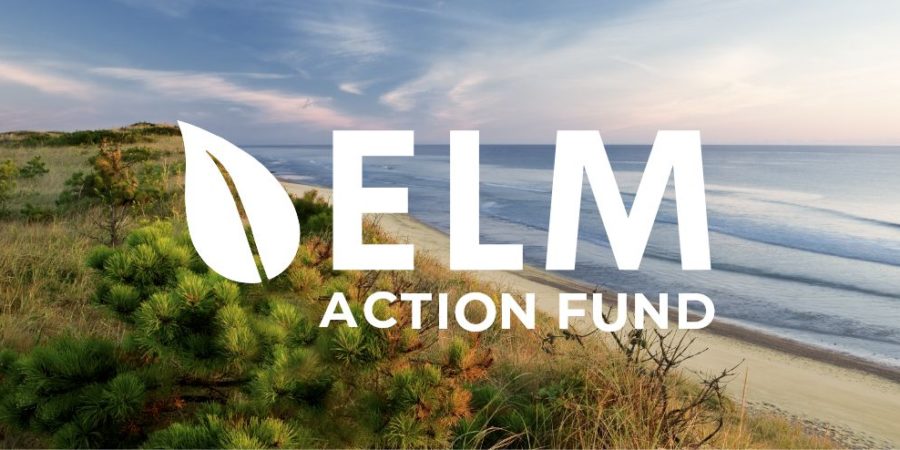Pursuing Equity and Environmental Justice
Low-income communities and communities of color are overburdened by polluting infrastructure in their neighborhoods and excluded from the decision-making and economic opportunities that the growing clean energy economy offers. To foster a flourishing green economy, Massachusetts must be intentional about infrastructure siting and cultivating an inclusive workforce. We must design policy that repairs past harms and reduces burdens in environmental justice communities which have been most impacted by pollution and climate change.
We at ELM advocate for:
- Equitable growth of our clean energy industry through economic inclusion and workforce development programs.
- Reforming the Energy Facilities Siting Board (EFSB) to ensure environmental justice communities are represented in the decision-making process and cumulative impacts are considered when siting new energy infrastructure.
- Expanding Mass Save to provide energy efficiency rebates and incentives to historically underserved populations.
- Affordable and electrified public transit in environmental justice communities.
- Directing significant state and federal funding to projects in environmental justice communities in amounts that meet or exceed the federal Justice40 standard.
- Expanding voting rights to give marginalized groups a greater voice in electing policymakers committed to climate justice.
H.3187/S.2113, An Act Relative to Energy Facilities Siting Improvement to Address Environmental Justice, Climate, and Public Health
Sponsors: Rep. Madaro, Sen. DiDomenico
This legislation would work to reform the energy facilities siting process to give impacted communities a stronger voice in siting decisions and to incorporate environmental justice principles into stakeholder engagement.

